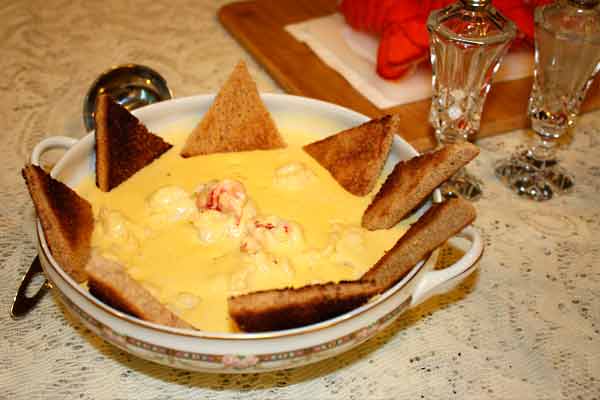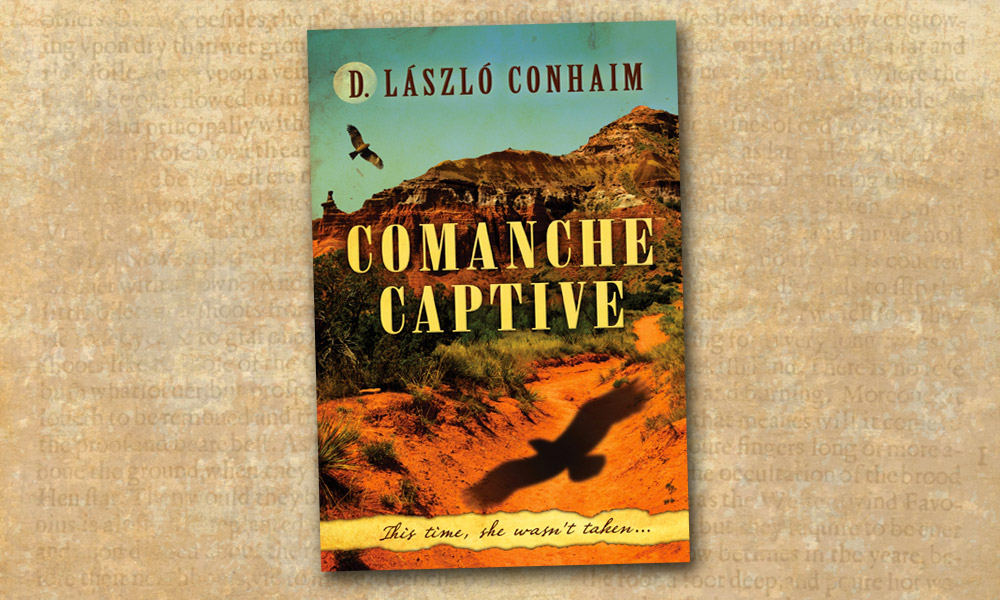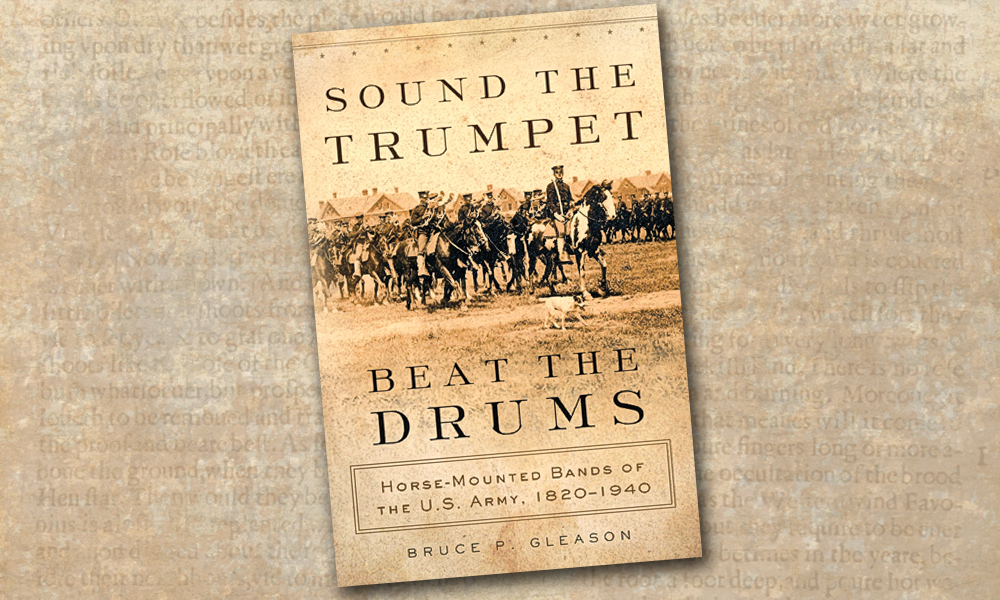 Lobster salad, prepared by an inexperienced person who does not know what to exclude, is almost as dangerous as an unloaded gun in the hands of a full grown idiot!” reported The San Diego Weekly Union in 1889.
Lobster salad, prepared by an inexperienced person who does not know what to exclude, is almost as dangerous as an unloaded gun in the hands of a full grown idiot!” reported The San Diego Weekly Union in 1889.
When it came to lobster salad, all cooks and diners agreed on one point—the recipe had to be good.
In the 1860s, most lobsters consumed on the American frontier were sold as, “Fresh in 2 lb. cans.” The popular way to serve canned lobster was by making a salad with homemade mayonnaise. Restaurants and saloons in Arizona, New Mexico, Nebraska, Idaho, Colorado and other locales offered lobster salad for dinner. Chefs commonly served it with toast points—toast cut into fancy pieces.
One man “exceedingly fond” of lobster salad frequently complained about not feeling well, as Nebraska’s The Omaha Herald reported in 1889. His associates blamed his troubles on his diet. “If you keep eating salad in this way it will kill you,” one friend told him. He replied, “It’s the only thing that keeps me alive.”
One day, when the man told his family that he hadn’t slept well, one of his family members said, “I thought you were eating too much of that lobster salad last evening.” The man replied, “It wasn’t the salad…. It was that confounded toast!”
In 1867, The Rocky Mountain News in Denver, Colorado, reported that 4,000 pounds of lobster meat was being canned daily. One lobster factory in Maine had packed 188,000 cans of lobster in 1871, Portland’s Morning Oregonian reported.
California was lucky to have fresh lobsters, although its lobsters were the spiny version, without the giant East Coast claws. They were referred to as crawfish in California newspapers.
While California had fresh lobsters often, inland states like Colorado did not. When these states were lucky enough to receive fresh lobsters, they made a big deal out of it. In 1868, The Rocky Mountain News advertised, “Hartels & Potter are going to have some fine fresh lobsters tomorrow. ‘A word to the wise is sufficient.’”
As is the case with some people today, a shellfish allergy reaction could affect Western pioneers, but the disorder wasn’t recognized as an allergy. San Francisco’s Daily Evening Bulletin featured a story in 1868 about “eccentricities of the flesh.” The newspaper reported, “…some persons cannot eat a lobster salad without its having a very curious effect upon their complexion. We know a lady who once indulged at supper-time in a salad of this kind, and upon her return to the ball-room her face and neck immediately became covered with spots, obliging her to retire.”
So long as you don’t have an allergy to lobster, try the shared delicious Victorian recipe for Lobster a la Newburg, another lobster delicacy enjoyed on the frontier.
*** R E C I P E ***
~ Lobster a la Newburg ~
4 lobster tails
4 T. butter
2 T. Brandy
2 T. Sherry
2 tsp. salt
sp. ground white or black pepper
1 c. heavy cream
4 egg yolks
Nutmeg, to taste
Cut open the underside of the lobster tail and remove the meat.
Cut into small pieces. Beat the egg yolks in a bowl and add the cream; set aside.
Sauté lobster over medium heat in the butter until the meat is red—about five minutes.
Remove the meat from the pan. Add the salt, pepper, Brandy and Sherry, and cook for two minutes.
Gradually add the egg and cream mixture, and nutmeg. Simmer for 10 minutes, stirring often.
Return the lobster to the pan and heat through—about five minutes. Serve with toast points.
***
Recipe adapted from California’s Riverside Daily Press, May 4, 1893
Sherry Monahan has penned Mrs. Earp: Wives & Lovers of the Earp Brothers; California Vines, Wines & Pioneers; Taste of Tombstone; The Wicked West and Tombstone’s Treasure. She’s appeared on the History Channel in Lost Worlds and other shows.






